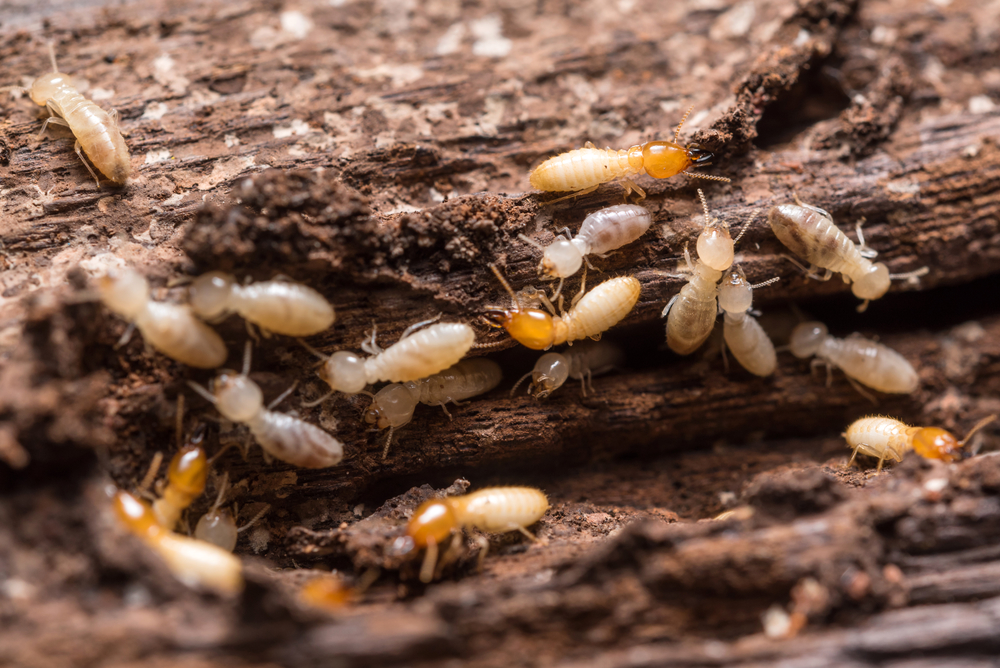A termiticide Treated Soil Zone is often known as a Chemical Soil Barrier or ‘Termite Barrier’. It is a very common practice, used to help prevent concealed termite access to a building and help prevent building damage.
The aim of a Chemical Treated Zone is to deter termites from entering your home by applying a liquid (termiticide) in a continuous zone around the building.
The first step is to prepare the soil, which involves trenching (removal of soil) around every stump, pier and footing and around the external perimeter of concrete slabs. The trenches/foundations are then flooded with liquid termiticide. The external perimeter trenches are then backfilled (with soil) and treated thoroughly to the surface.
If you have concrete paths around the perimeter of your home, the concrete is drilled at intervals not exceeding 200mm and then the termiticide is injected through the holes, into the soil. The ensuing holes are plugged with mortar or filled with replaceable plastic caps. Treatment areas sometimes include concrete construction joints in garage step-downs, porches and patios, subfloors, concrete and steel piers.
There are two types of chemicals used in a Chemical Treated Zone:
Repellant: Repellant termiticides work by creating a treated zone around a house that is toxic to termites. Termites avoid the soil treated by repellant termiticides. To work effectively, these termiticides need to be applied in a continuous zone around the foundations of the house. This can be difficult to achieve in existing houses due to the construction design and areas such as concrete against the house. Repellant termiticides include Biflex.
Non-repellant: When a non-repellant termiticide is used, the termites are unable to detect that the termiticide has been applied to the soil and do not avoid the area which has been treated. By passing through the Termiticide, the termiticides unknowingly make contact with the active ingredient, which results in their demise. Non-repellant termiticides include Termidor and Premise.
Installation of a chemical treated zone comes with a 12 months free service period. This can be extended with annual Termite Inspections.
The life expectancy of a chemical treated zone ranges from 5 to 10 years dependant on which product is used. However, factors such as termite pressure, building construction methods and soil types play a large part in the effectiveness of the termiticide.
Frontline Pest Management recommends and prefers to use Termidor due to its proven success in termite control. Termidor has a minimum of 8 years life expectancy.

